Night of Fear in Maga: 25 Schoolgirls Taken in New Kebbi Abduction
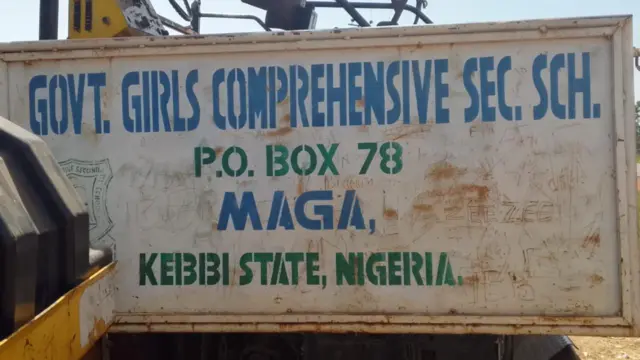
A Community Awakened by Chaos
Just past midnight on November 17–18, 2025, Maga—a quiet town in Kebbi State—got a jolt no one wanted. People here know this brand of terror. They fear it, but somehow, it always finds its way back. At the Government Girls Comprehensive Secondary School, most kids were deep asleep in their silent dorms. Then, out of the darkness, armed men crept in. Survivors said those guys were moving with icy determination. They scaled the fence and shot a few rounds to scare off anyone who would think about fighting back and then burst into rooms where girls slept.
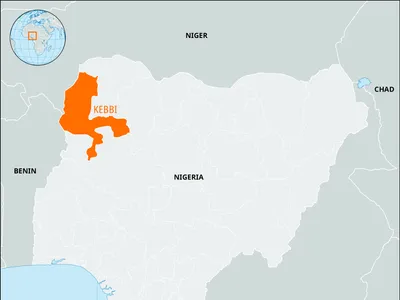
By dawn, 25 students were gone-thrown into the dense forests that surrounded the school. The vice principal, Malam Hassan Yakubu Makuku, was killed while defending the school. To them, he was a guardian-a steady, reliable figure-and he was gone now. A security guard was injured while fighting off the attackers. In the midst of all this, girls were running barefoot into the cold night, while some were hiding under their beds and behind lockers, unsure where it was safe.
Security forces tried to push back, but the attackers vanished. They knew the land too well, twisting paths and dense bushes made it easy to disappear, just like in other kidnappings across the northwest. Morning brought an uneasy quiet. Families thronged the school gates, hungry for every scrap of news. Mothers clasped photos of their daughters, eyes scanning each face, praying for a sign that their girls were all right.
This is not just another tragedy in a long list to Maga. It tore open old wounds just as the community was starting to hope for safety again.
The search spreads across forest and farmland.
Days became indistinguishable as security forces pushed deeper into the forests between Kebbi and Zamfara in a desperate effort to find the abducted girls before their trail vanished. Troops, police squads, and local vigilantes fanned out across bush paths and empty fields, peering for footprints, tire marks-anything that hinted at a way forward. Every hour slipping by made things worse.
Officials threw their weight behind the rescue. The government called it a national priority. President Bola Tinubu slammed the kidnapping, calling it an attack on Nigeria’s future, and told federal agencies to work in concert. Over in Kebbi, state leaders tried to calm everyone, promising the search was closing in.
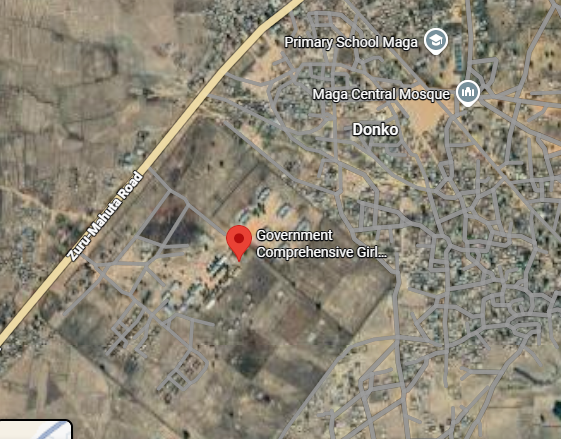
But inside Maga, nobody felt calm. Parents wouldn’t leave the school. They slept on mats or benches, clinging to each other and waiting for any scrap of news. Teachers stuck close to the security teams, sharing what they knew about the girls and pointing out possible escape routes. Local vigilantes — usually the first ones to face bandits — jumped in as guides, leading search parties through thick bushes they’d known their whole lives.
Still, the landscape made everything harder. The bush around Maga hides a thousand secrets, and the kidnappers knew how to use every inch of it. If you asked officials in private, some admitted they might have to negotiate at some point, even though nobody had talked about a ransom yet.
Right now, all anyone has is speed, strategy, and the stubborn hope that comes from not giving up. The families know what’s at stake. In cases like this, every single day counts.
What the Maga Kidnapping Reveals About a Broken System
The kidnapping in Maga isn’t some random tragedy. It's another chapter of a nightmare that has haunted northern Nigeria for years now, where schools-places that should mean safety and hope-keep turning into danger zones. You hear the names: Chibok, Dapchi, Kankara, Jangebe, Birnin Yauri, Kuriga, Maga. The details change, the pain stays the same, and honestly, nobody is surprised any longer. This is how the system works now, or really, how it doesn’t and that’s the real heartbreak.
Maga isn’t just another headline. It’s proof that the structures meant to protect kids have fallen apart. These kidnappings force impossible choices on families in places already struggling with poverty, climate troubles, bandits, and broken local governments. Parents want their daughters to go to school, but now they have to ask themselves: is it worth the risk? With each attack, schools lose their meaning as safe spaces. Fewer kids show up. Girls disappear from classes. Moms warn their children to be careful. Dads wonder if school is even worth it anymore.
All this comes with a quiet kind of damage that adds up. Kids who make it back home carry trauma nobody really talks about. Some can’t sleep in dorms ever again. Others fall behind in their studies after missing weeks or months. Some just never return to school at all, the fear, the gossip, the pressure to marry instead, all of it pushes them down a different path. Even the ones who do go back aren’t the same. There’s always that fear, always the memory.
Blaming security lapses is easy, but it’s just part of the mess. People have been warning for years: you can’t fix education here without fixing broken governance. Most communities have nothing, no cameras, no early warning, weak fences, lousy communication. Many schools have just a couple security guards, and sometimes they’re unarmed or barely trained. Meanwhile, the attackers know the land, have GPS, motorcycles, and years of practice.
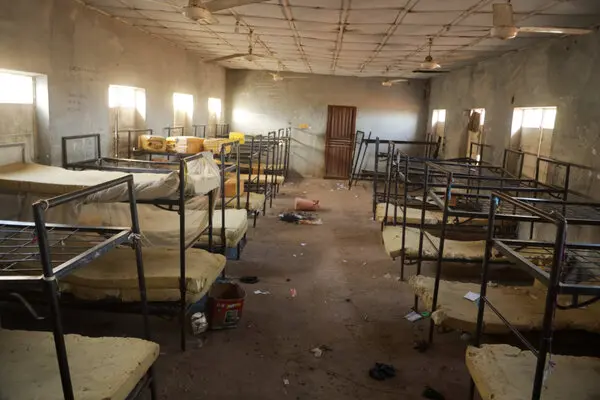
Then there’s what you might call “response fatigue.” Every time this happens, the country erupts in outrage, leaders make promises, and then, silence. Nothing really changes. Security stays reactive, not proactive. Teachers still get paid peanuts. School buildings keep falling apart. Protecting students is treated like a crisis, not a basic responsibility.
The Maga kidnapping forces the country to look in the mirror again. It’s a painful wake-up call: promises aren’t enough. Schools need alarms that work, stronger buildings, real ties with local vigilantes, and lasting mental health support for kids who survive this. They need money that sticks around, not just band-aids when people are angry.
In the end, Maga is a reminder, a country’s future depends on its kids. Lose them, and you lose everything you’ve promised yourself. Right now, as the search drags on, people wait and hope. Maybe this time, the story ends with rescue, not grief.
You may also like...
Explosive Racism Claims Rock Football: Ex-Napoli Chief Slams Osimhen's Allegations

Former Napoli sporting director Mauro Meluso has vehemently denied racism accusations made by Victor Osimhen, who claime...
Chelsea Forges Groundbreaking AI Partnership: IFS Becomes Shirt Sponsor!

Chelsea Football Club has secured Artificial Intelligence firm IFS as its new front-of-shirt sponsor for the remainder o...
Oscar Shockwave: Underseen Documentary Stuns With 'Baffling' Nomination!
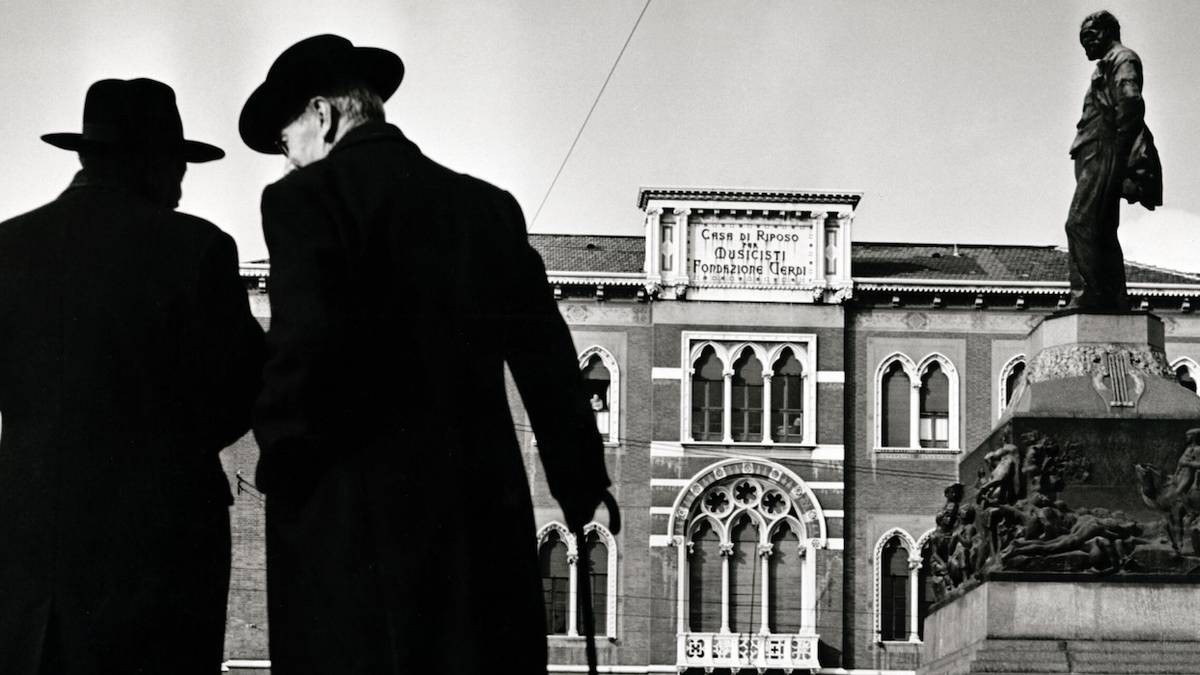
This year's Academy Awards saw an unexpected turn with the documentary <i>Viva Verdi!</i> receiving a nomination for Bes...
The Batman Sequel Awakens: Robert Pattinson's Long-Awaited Return is On!

Robert Pattinson's take on Batman continues to captivate audiences, building on a rich history of portrayals. After the ...
From Asphalt to Anthems: Atlus's Unlikely Journey to Music Stardom, Inspiring Millions

Singer-songwriter Atlus has swiftly risen from driving semi-trucks to becoming a signed artist with a Platinum single. H...
Heartbreak & Healing: Lil Jon's Emotional Farewell to Son Nathan Shakes the Music World

Crunk music icon Lil Jon is grieving the profound loss of his 27-year-old son, Nathan Smith, known professionally as DJ ...
Directors Vow Bolder, Bigger 'KPop Demon Hunters' Netflix Sequel

Directors Maggie Kang and Chris Appelhans discuss the phenomenal success of Netflix's "KPop Demon Hunters," including it...
From Addiction to Astonishing Health: Couple Sheds 40 Stone After Extreme Diet Change!

South African couple Dawid and Rose-Mari Lombard have achieved a remarkable combined weight loss of 40 stone, transformi...



